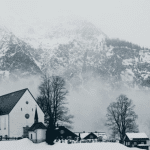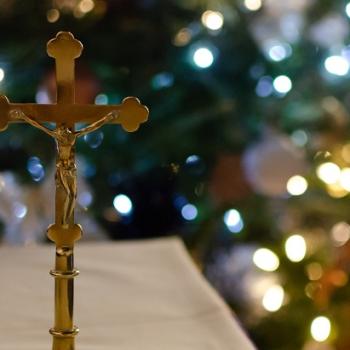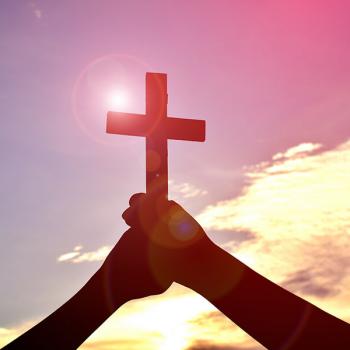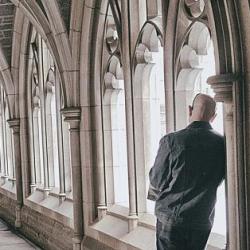As I welcomed Easter parishioners, I noted the normalcy of the morning. A typical Seattle April day with high clouds and a slight chill, families arrived in three generational clusters. Teens looked as if they should have stayed in bed. Singles approached shyly.
The day, however, was anything but ordinary for me. After a year of isolation following a bone marrow transplant, I was serving as a greeter. For far too long, I had not been allowed to touch anyone due to risk of infection. Yet, here I was, grabbing hands as eagerly as Theodore Roosevelt at his inaugural. The realization that I had no need for hand sanitizer brought a quiet smile.
A simple tactile act – extending an open hand to others – took on a sacramental character. Like the lepers touched by Jesus, my long ostracism was over. Not only had I been physically healed, but I was now socially reconnected to others.
As I followed the last arriver into the worship service, lyrics such as “I was dead, but now I’m alive” and “I’ve been born anew” struck me afresh. The sheer energy and passion of corporate worship, which I had sorely missed for a year, moved me profoundly. My eyes were moist throughout.
The sermon focused on the resurrection of Jesus’ friend, Lazarus. This struck me because I had jokingly appropriated his name as my own. With my white cells at zero for nearly a month, I had been – by one definition – clinically dead. Like my namesake, I had walked out of a crypt and into healing light.
One point of the sermon hit me with particular force. When Jesus asked Lazarus’ sister, Martha, if she believed in him before raising her brother from the dead, she responded: “I know my brother will rise again on the last day.” Even in crisis mode – when evidence pointed adversely – she continued to lean into faith.
And what about me? Had my trust held strong during my medical exodus? Had I sensed the Lord’s presence even while absorbing the full impact of chemo poisons and full body radiation? Or had the vitality of my convictions been contingent upon receiving good news?
As the sermon concluded, I realized that – like Martha – my faith had been tested by bleak circumstances. Though dragged down physically, the Lord’s presence pervaded my cancer room. In a Job-like season, that space became sacred – a holy place where God met me. Whether I lived or died became less consequential than simply being with him. Paradoxically, I now reflect upon that time as one of the richest in my life.
Exiting church, I grabbed my wife’s hand and laughed. I had new life. Resurrected life.
Holy Week would never be the same again.
Alec Hill is President Emeritus of InterVarsity Christian Fellowship. In 2015, he was diagnosed with Myelodysplasia Syndrome. His brother, Grant, donated his bone marrow.













